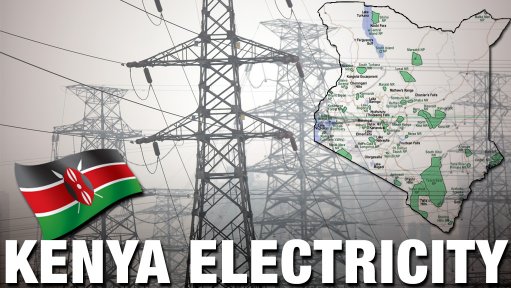
Kenya is set to end the monopoly on power distribution that has been long held by State-owned entity Kenya Power.
In a move aimed to encourage competi-tion, improve efficiency and reduce the high cost of power in the East Africa nation, Parliament has set in motion a process to liberalise electricity distribution. The process is being supported by industry regulator the Energy Regulation Commission (ERC), which says it is ready to license investors interested in the power distribu-tion business to compete with Kenya Power.
“Kenya remains a minor electricity supplier with a low penetration level of about 25%. Kenya Power is a strategic national agency but appears to be grossly inefficient in its operations,” says Marakwet East MP David Bowen, who is pushing for the enactment of the Bill.
The decision to end Kenya Power's monopoly comes in the wake of rising frustrations with its performance, at a time when demand for electricity in Kenya, East Africa’s biggest economy, is increaing at an average of 8% a year.
Kenya Power is blamed for all the ills in the power sector, including blackouts, outages, limited access and rising prices of electricity, mainly as a result of inefficiencies.
Only two-million of Kenya’s 40-million people have access to electricity. This has largely been attributed to a lack of investment in generation, transmission and distribution facilities.
For years, Kenya Power, formerly Kenya Power & Lighting Company, was solely in charge of the power sector but, in 1998, it was unbundled and Kenya Electricity Generating Company was created to oversee generation and Kenya Electricity Transmission Company was established to oversee transmission. Another entity, the Rural Electrification Authority, is mandated to spearhead connections in rural areas.
Kenya Association of Manufacturers CEO Betty Maina says allowing private investors in electricity distribution will have significant impacts on the cost and quality of electricity and will spur faster connectivity.
“Companies have been relocating from Kenya owing to the high electricity costs. Only competition can bring about fair pricing,” she says.
Kenya has a total installed generation capacity of 1 350 MW, compared with peak demand of 1 200 MW, and is among the countries where the cost of electricity is very high.
The country, which is in the process of implementing an ambitious growth masterplan to transform into a middle-level economy by 2030, is investing heavily in the energy sector to meet demand, connect more Kenyans and drive economic growth.
A study by Kenya Power last year showed the country requires in excess of $900-million to improve the quality of electricity distribution facilities, connect more Kenyans to the grid and drive economic growth as stipulated in the Vision 2030 masterplan.
Kenya Power is aiming to connect at least 50% of Kenyans by 2030 at an average rate of 300 000 new connections a year.